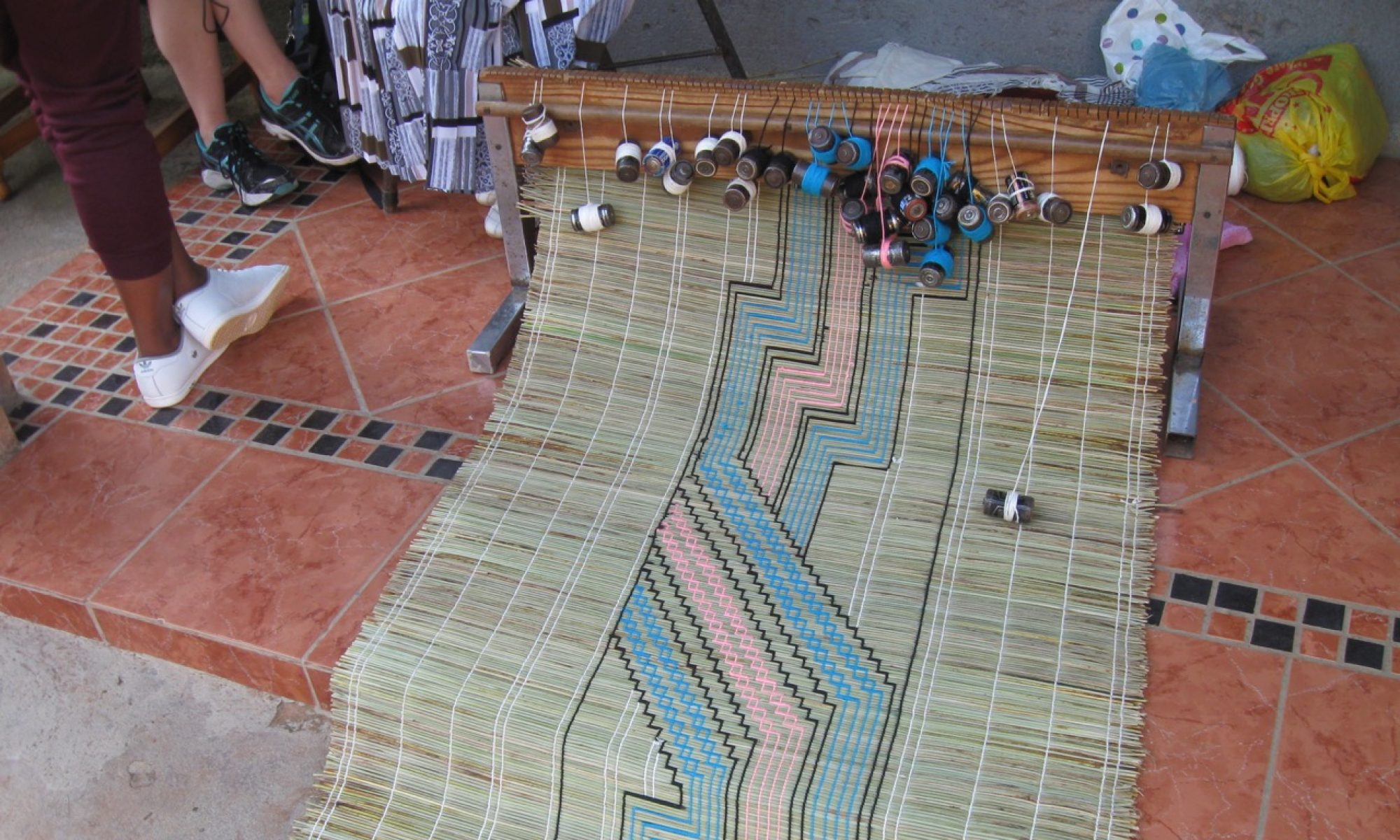Lotta Aunio, Richard Kerbs, and I have a new paper in Stellenbosch Papers in Linguistics Plus: Penultimate lengthening in isiNdebele: A system and its variations. Abstract below:
Lengthening of the penultimate syllable in a word, phrase, or utterance is common across Bantu languages, especially in Eastern and Southern Bantu languages. Despite the prevalence of the general phenomenon, there is significant cross-linguistic diversity in how PUL is instantiated. The aim of this paper is to describe the PUL patterns and variation in isiNdebele, a Nguni language spoken in South Africa. IsiNdebele is closely related to Zulu and frequently spoken in situations of intense contact with Zulu, but its realisation of penultimate lengthening nevertheless shows important differences from what has been reported for Zulu and other Nguni languages. In addition, penultimate lengthening in isiNdebele shows significant internal variation, both across speakers and across utterances produced by the same speaker. This variation has implications for both phonological and syntactic analyses of this language: Many studies of phonological phrasing in other Nguni languages use penultimate length as the main phonetic cue for phrase boundaries, but a strict correlation between PUL and phrasing cannot be confirmed for isiNdebele. Lengthening also depends on factors such as speech rate, emphasis, and careful vs. casual speech.
